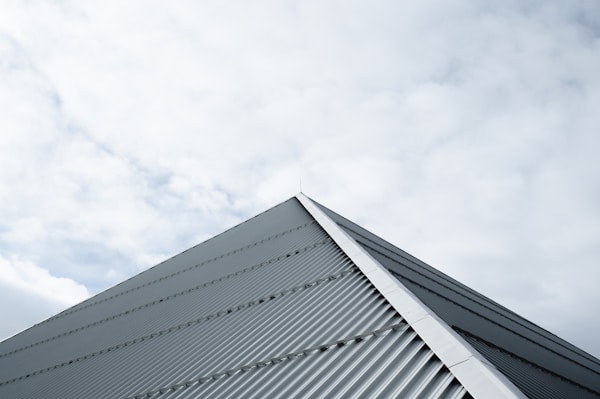Replacing a roof is a significant expense for every homeowner, but it’s an essential part of maintaining your property. It can be daunting to think about the costs involved, particularly if you’re unfamiliar with the process or the various factors that can influence the final figure. In this article, we’ll explore the typical costs associated with roof replacement and discuss some of the factors that can affect those costs, so you can better understand what to expect when undertaking this important home improvement project. Keep reading below to learn more.
Understanding Roof Replacement Costs

When considering the cost of replacing your roof, it’s essential to bear in mind that prices can vary significantly depending on various factors such as the size of the roof, the type of materials used, and the complexity of the installation. Generally, roof replacement costs can range from $5,000 to $25,000 or more for a standard residential home. As with any home improvement project, it’s essential to obtain multiple quotes from reputable contractors to ensure you’re getting a fair price.
One useful tool for understanding the costs involved in a roof replacement project is a roofing calculator Massachusetts. This calculator can help you estimate the costs based on your home’s specifications, such as roof size, materials, and other factors. By using such tools, you’ll have a clearer idea of the overall cost of your roof replacement project before contacting any contractors.
Keep in mind that while the initial expense of a roof replacement may seem high, it’s often a necessary investment to protect your home from the elements and ensure it remains structurally sound. In some cases, a roof replacement can even increase the value of your property, making it an investment that can pay off in the long run.
The Impact of Roofing Material on Cost
Different types of roofing materials come with different price tags. For example, asphalt shingles, which are the most common roofing material in the United States, tend to be less expensive than metal or tile roofs. The type of roofing material you choose for your home can significantly affect the cost of your roof replacement project.
Metal roofing, for instance, is known for its durability and energy efficiency but can be quite costly compared to other materials. On the other hand, asphalt shingles are more affordable and relatively easy to install but may require more frequent replacement due to their shorter lifespan. It’s essential to weigh the pros and cons of each material and consider your budget and long-term goals when choosing a roofing material for your home.
Another factor to consider is the installation process for each type of material. Some materials, such as metal or tile, may require specialized installation methods or equipment, which can increase the overall cost of the project. Be sure to discuss these factors with your contractor to ensure you have a clear understanding of the total costs involved.
Location and Labor Costs

Another critical factor that can influence the cost of a roof replacement project is the location of your home. In areas where the cost of living is higher, labor costs for roofing contractors may also be more expensive. This can result in a higher overall price for your roof replacement when compared to other regions with lower labor costs.
Additionally, some locations may have specific regulations, permits, or building codes that can affect the cost of a roof replacement project. For instance, you may need to obtain a permit before starting the work, which can add to the overall expense. It’s crucial to research local requirements and consult with a professional roofing contractor to ensure your project complies with all relevant regulations.
Potential Additional Costs and Upgrades
When planning a roof replacement, it’s essential to budget for potential additional costs that could arise during the course of the project. For example, your contractor may discover that your roof has existing damage or needs structural repairs, which can increase the overall cost. It’s always a good idea to budget for some contingencies to avoid surprise expenses.
Additionally, you may choose to incorporate upgrades or additional features into your roof replacement project, such as adding skylights, solar panels, or improved ventilation systems. These extras can add to the overall cost but may offer long-term benefits in terms of energy efficiency, natural lighting, or aesthetics. Be sure to discuss these options with your contractor and weigh the pros and cons against your budget and long-term goals.
Altogether, understanding the factors that influence roof replacement costs can help you make an informed decision when it comes time to replace your roof. By considering the size of your roof, the materials used, labor and location costs, and any potential additional expenses, you will be better equipped to plan and budget for this essential home improvement project.









